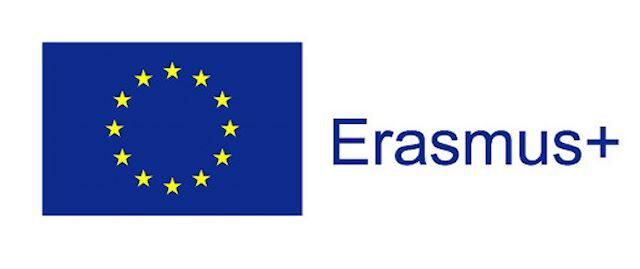On the 2nd of September Ukraine celebrated 70th anniversary of the end of World War II. This day, in the year of 1945 the biggest and the most severe war in the history of humanity came to the end.
With the aim to honour heroic deeds of Ukrainian people Pavlo Tychyna USPU joined city event, dedicated to anniversary celebrations of end of World War II. University’s delegation took part in laying down flowers to obelisk of Fame. It was headed by first pro-rector Andriy Gedzyk, pro-rectors Vladylena Sokyrska and Olena Kirdan, head of trade union committee Oleksandr Osadchyi. Students laid down wreath and flowers to the pedestal of obelisk of Fame. The youth should know and honour its history. Memory warns us while history teaches us not to repeat the same tragedy.
September 2, 1945 is a very important date for Ukrainians, as this time Ukraine lost a lot of its population, caused by German Nazi and communist totalitarian regimes. According to some scientific data Ukraine had lost at about 8-10 mln people, 700 cities and 28 000 villages were ruined.
Ukraine, and in particular Uman, is proud of the fact that our compatriot, General Kuzma Mykolayovych Derevianko (1904-1954) signed Act on capitulation of Japan. His name is mentioned in one memorial plates at obelisk of Fame. Students took some pictures with this sacred place.
On the same day students of History Department took part in watching educational lecture on the problem of 70th anniversary of the end of World War II, made by National and Patriotic Education Department of Ministry of Youth and Sports of Ukraine together with Ukrainian Institute “Educational assembly”. Pro-rector in scientific and pedagogical work Olena Kirdan and head of General History Chair, professor Igor Kryvosheya made their speeches. Thus, Igor Ivanovych told students about great contribution of the Ukrainians into victory of UN.
70th anniversary of the end of World War II – is a very important for Ukraine date. It gives a possibility to evaluate Ukraine’s contribution into war’s course and its end, sum up its devastating consequences and make up important conclusions for present of our state. We should be grateful to soldiers who were fighting against Nazism, war crimes, deportation, and humanity. We should consolidate society in protection of Ukraine.
Additional information about K. Derevianko
Kuzma Mykolayovych Derevianko was a professional intelligence agent with great experience; he knew Japanese and English. He was both practitioner and theoretician.
… in the end of the war in Europe he represented USSR in Allied Council in Austria, he was a representative of Soviet Supreme Command at headquarters of Pacific Ocean. He was entrusted to sign Act on capitulation of Japan from the part of USSR. Together with General of USA Duglas McArthur he came to Japan on the 30th of August, where on the 2nd of September happened the final event of World War II. The Act, which testified to defeat of Japan, was signed in complete silence. By this document Japan was obliged to stop war actions and execute all necessary demands of allies. When Derevianko came up to the table to sign this document, American seamen were applauding.
A few days later, a general put his life at stake and visited Japanese cities Hiroshima and Nagasaki, which had been recently atom bombarding by Americans. He took some pictures and describes what he saw. In the end of September 1945 he was invited to Moscow. He reports to Yosip Stalin about capitulation of Japan and situation in this country, state of its army. Particular attention was paid to photos with consequences of atom bombarding. General’s activities were completely approved. His materials were used to make soviet atom weapon.
In January 1946, Kuzma Mykolayovych was appointed as a representative of USSR at Allies Council in Tokio. This Council was comprised of general D. Makartur (USA), Chinese and British representatives, and controlled capitulation conditions execution by Japan. During six years of Council’s existence, there was constant opposition with USA. “Cold war” was on. In such conditions Derevianko was persistent and defended interests of both his state and Japan. He proposed actions towards democratisation of post-war Japan, prepared 33 applications and a memorandum concerning relations with American administration on ways of reestablishment and development of Japanese economy and culture, soviet-Japanese relations, etc.
In 1952 Allies Council stops its activities. Derevianko was removed to Moscow, were he worked in Ministry of Defence and a head of Military Academy Chair.
Atom irradiation during visits to Hiroshima and Nagasaki made his health worse. Marshals S. Tymoshenko and P. Rotmystrov visited him in the hospital and congratulate with 50th anniversary. On the 30th of December 1954 Kuzma Derevianko died from cancer. He was buried in Moscow at Novodivych cemetery.
After his early death, he was conferred the same status as Hero of Soviet Union: streets of Uman and his native village of Kosenivka were given his name. By order of President of Ukraine from the 7th of May, 2007, he was conferred a rank of Hero of Ukraine and honoured with order “Golden Star”.






















